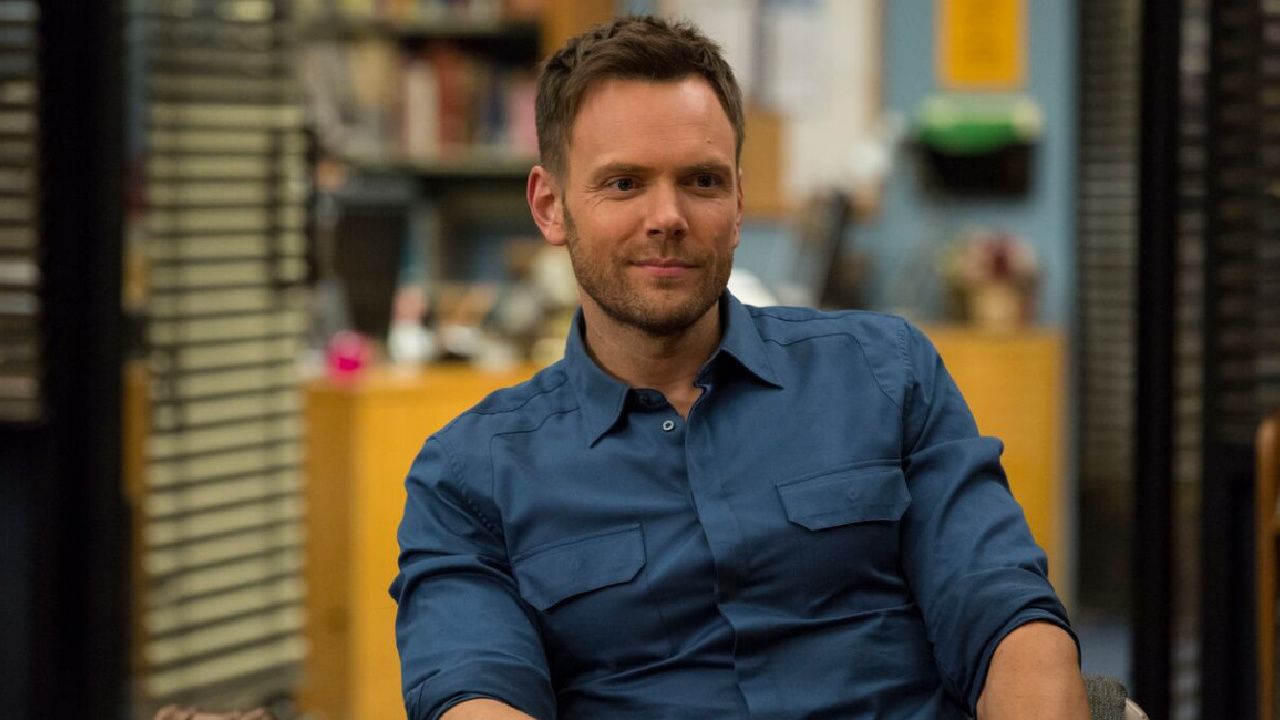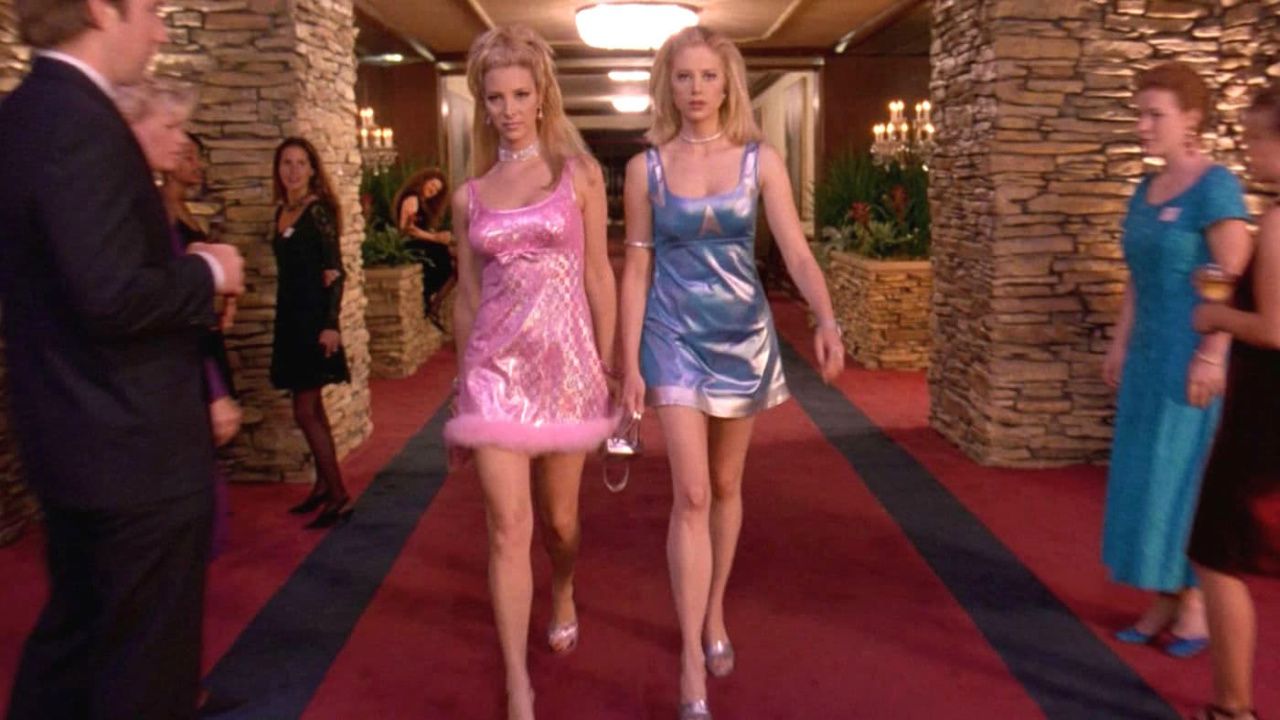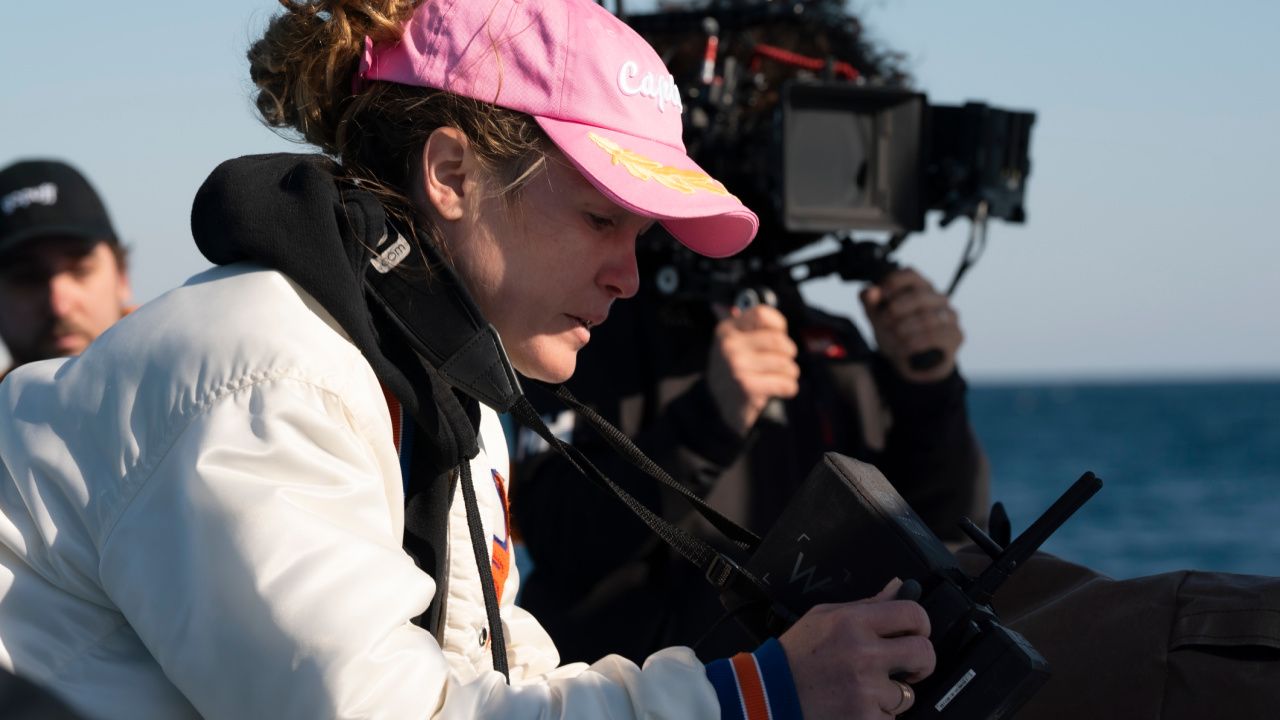Are Red Carpet Influencers Worth the Hollywood Obsession?

In May, videos went viral from the Kingdom of the Planet of the Apes premiere in L.A. — but maybe not in the way 20th Century expected.
The studio invited influencer Easton Simpson to do red carpet interviews, creating content with the film’s stars, including Owen Teague and Freya Allan. Simpson has more than 400,000 TikTok followers, which he’s largely gained from a bit where midway through his interviews, he starts mumbling, pranking his subjects who can’t understand what he’s asking. He did this with the cast, and the videos quickly blew up — more than 25 million combined views on Instagram and more than 30 million on TikTok. Backlash quickly followed, as some commented he was misusing his platform.
“I had more people who thought the videos were hilarious than critics who thought that it was disrespectful,” Simpson tells THR several months later. “I talked to all of the actors after — we were able to go to the afterparty, and they all loved it. They were all laughing really hard.”
It was Simpson’s first carpet, and 20th paid for his flight and hotel, though there was no fee involved, he says. They also worked with him to bring over specific talent who they thought would be up for the mumbling prank; despite the backlash, the studio “seemed very happy with it,” Simpson adds. “They said just to ignore the critics.” (The company didn’t respond to a request for comment.)
Regardless of the mixed reaction — Simpson admits the backlash pushed away some studios he was talking to for future collaborations — he says, “Just reading through the comments of my videos, I saw hundreds if not thousands of comments of people saying, ‘I had no idea this movie was a thing and I’m only going to see it because of this interview,’” as he questions “why people aren’t using more creators to promote their movies.”
If the viral Planet of the Apes moment proves anything, it’s that influencers’ hold on Hollywood isn’t loosening anytime soon; though it’s a precarious relationship, with studios coveting their big platforms but sometimes also being forced to deal with unwelcome controversy — such as, notably, when creators Savannah Demers and Michelle Kennelly mocked a woman wearing a hijab at an event two years ago (they later apologized) for Lena Dunham’s Catherine Called Birdy. And whether attention, good or bad, translates to ticket sales is hard to quantify.
“We all use influencers because they are shiny and still newish, and if you don’t, it feels like you’re not tapping into the culture in a real way,” says a top publicist of the town, admitting, “it’s hard to know how much they are driving box office or how much they are driving people to tune into a show. Every movie is using influencers, so why doesn’t every movie work?”
On the other hand, as the insider puts it, it’s impossible to do a “robust campaign” without influencers: “It’s hard to chase cool, so you have to make a movie cool first before you go wide and try to reach the consumer audience. You have to get these people in early to help you do that.”
To that end, content creators are given plenty of freedom. Allie Tran, who has 1 million TikTok followers and specializes in horror movie content, has done paid partnerships with MaXXXine, A Quiet Place: Day One and the upcoming Smile 2; she says she’s increasingly seen studios say, “Just do what you think would do great, and then send us the drafts and we’ll just approve it,” rather than giving creators specific video guidelines.
“There’s a new way of marketing,” she adds. “It’s just doing something that is true to the creator and then the studios will trust you because that’s what performs well on your account, and that’s what will do well with their marketing.”
At the L.A. premiere of body-horror film The Substance, influencer Harry Daniels told THR that with his 1.6 million followers and UTA representation, he likes to be discerning about his partnerships. “Unless it pays incredibly well or feels like a good opportunity, I try to only do things that I feel particularly passionate about,” said the viral creator. “I just want to partner on things that make sense for what I’m about.” The Mubi release opened that weekend to a disappointing $3.1 million.
This story appeared in the Oct. 9 issue of The Hollywood Reporter magazine. Click here to subscribe.
Read the original article here






